The Country Coordinating Mechanism (CCM) has been a keystone of the Global Fund since the organization was created in 2001. The structure and the concept of the CCM are intended to reflect the principles of national ownership and participatory decision-making. It is a public/private partnership and includes government, private sector and civil society actors represented by NGOs, faith-based organizations (FBOs), bilateral, multilateral and international partners and NGOs, as well as, people living with one or more of the three diseases. All these different partner groups come with divergent values, principles, ideologies and work ethics and help the CCM embody Global Fund’s key principles of country ownership and partnership through multi-stakeholder collaboration. Responsibilities of the CCM include mobilizing resources at the country level by organizing and submitting proposals to the Global Fund that reflect a gap analysis of national strategic plans. They also provide oversight to grant implementation to ensure successful outcomes.
In a Technical Review Panel (TRP) report and during Global Food Security (GFS) partnership call in September 2014, it was indicated that although most of the submitted New Funding Model (NFM) concept notes and narratives contained good language and strong analysis on the communities and key populations, these were not reflected in the development of intervention designs or in budget documents. There is the impression that civil society leadership cannot negotiate the gap between the requirements of implementation on the one hand and policy and strategy on the other. Their involvement for the development of detailed documents requiring specialized skills was considered a political necessity rather than a benefit to the overall outcome of the process.
To address these shortcomings, the overall CCM project under GFATM would build the capacity of CCM representatives from People Living with HIV (PLHIV), as well as Key Affected Population in aspects of i) Project management and implementation, including reporting ii) Data management and utilization iii) Monitoring and evaluation (M&E) processes iv) Financial management v) Building local leadership vi) Policy and strategy matters vii) Understanding Global Fund principles and processes relating to CCMs and Principal Recipients (PR)s vii)Technical assistance for proposal writing and planning ix) Presentation and advocacy skills. These focus areas would help CCM representatives to be involved meaningfully throughout the Country Dialogue, grant making process and grant management and implementation of Global Fund grant.
For the Asia Pacific region, APN+ together with 7 PLHIV networks and groups rolled out the initiatives in Cambodia, India, Indonesia, Myanmar, Nepal, Pakistan and Vietnam from June 2015. The design of activities in each country varied according to local contexts and to meet local needs. However, during the preparation stage of the project, APN+ recognized the need to provide a regional platform of community representatives in GF CCM. The platform would serve as a space for community networks at country level in exchanging experiences and learning from each other and for regional networks to build stronger coordination mechanism towards robust participation of affected communities in the NFM mechanism.
As initial steps, APN+ and GNP+ held a regional partnership meeting of the Global Fund CCM representatives at Bangkok in August 2015. The meeting provided the representatives from 28 countries and 10 regional networks and stakeholders clear understanding of their roles and responsibilities, helped identify strategies to mitigate/overcome the challenges in country activities, as well as, developed strategies for regional approach to address cross cutting issues and needs.

